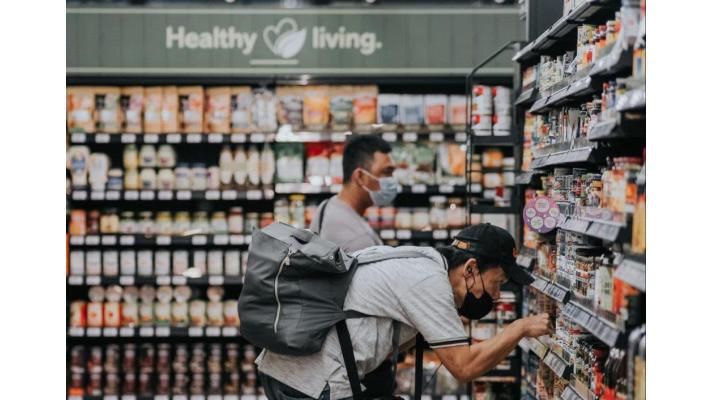Europe targets greenwashing and eco-labelling for food
New legislation from the EU and France will transform the future of food labelling, write Jean Pierre Schweitzer and Miriam Thiemann.
This article was originally published by FoodDrinkEurope.
This March, the European Commission will launch the much anticipated (and delayed) Green Claims initiative.
Although limited information has been published about the initiative so far, it is expected to require companies to use the Product Environmental Footprint (PEF) method when making environmental claims. The PEF is the EU's harmonised Life Cycle Assessment (LCA) methodology, and covers sixteen life cycle impacts - including climate change, water use and natural resource depletion.
Establishing rules for businesses making environmental claims should help to reduce greenwashing, increase the robustness of claims and prevent those which lack an evidence base. Results from an online screening exercise completed by the Commission and national consumer authorities in 2021 revealed that 42% of the claims examined were exaggerated, false or deceptive.
Several PEF projects for food and drinks have been piloted in recent years, including for beer, dairy and wine. A project looking at marine fish is currently under development. These projects can provide a dedicated methodology for calculating the environmental footprint of specific products and potentially including this information on a product label.
Beyond Brussels, those interested in environmental labelling for food also have an eye on France. In the context of its Climate Resilience Law (2021), the French government is in the process of mandating ecological labelling for two sectors: food and textiles. The French initiative is in the experimentation phase with a number of proposals for a method being examined. Most recently, the Planet-score label has come to the fore, developed by the French Institute for Organic Farming (ITAB) in collaboration with partners Sayari and Very Good Future.
Proposed methods to underpin a French label tend to combine LCA data with additional information. Developers argue that important environmental impacts are not effectively covered by PEF/LCA based methods. This includes the loss of marine or terrestrial biodiversity, the exposure of consumers and workers to chemicals including pesticides, and the release of plastics and microplastics into the marine ecosystem. To try and address these shortcomings, Planet-score compliments LCA data with a bonus/malus approach covering pesticide use, impact on biodiversity and climate, as well as an additional indicator for animal breeding methods.
Devising a sustainability label for food which enables consumers to easily make sustainable choices in their diet and, more importantly, provides the right incentives for a widespread transition to sustainable food production won't be straightforward. For example, the label should allow for comparison between different food groups as well as within one product category to enable behaviour change. Additionally, effectively substantiating information provided by producers will be key to ensure consumer trust in a label.
Although the Green Claims initiative is unlikely to say anything specifically about food and drinks in March, it will establish a framework for PEF based claims for food. Consequently food sustainability labels based on PEF may miss relevant environmental impacts.
Elsewhere the Commission has announced that the new legislative framework for Sustainable Food Systems, expected by the end of 2023, may include provisions on mandatory sustainability labelling for food. For this reason, what happens in France could provide an inspiration for the rest of Europe.
